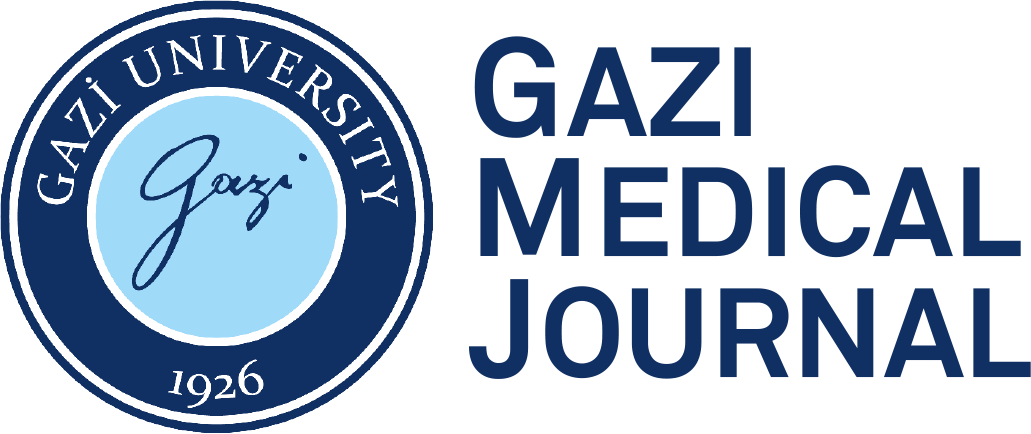ABSTRACT
Background:
Proper and healthy eating is one of the key steps for developing a healthy population. The risk of disease and mortality decreases with a good nutrition. The access level, quality and choice of food consumed among people are affected by the economic, social, race and cultural status. It means that people with various culture and social system consume various types of food in various amounts.
Methods:
In a cross-sectional study, 1000 adults living in the Fasa were selected by cluster sampling. Demographic, socioeconomic status, dietary habits, consumption of some important food items such as fruit and vegetables, oils, cereals, dairy, and salt were questioned in a 26 item questionnaire.
Conclusion:
Significant drawbacks in the dietary pattern of the region exists that need to be planned to improve them to minimize the risk factors of noncommunicable diseases.
Results:
The results show that there are significant problems in people lifestyle and dietary patterns in Fasa. A significant proportion of population had not regularly consumed breakfast and snack or significant consumption in fruits and vegetables. Hydrogenated vegetable oil and fried oil considerably used, and the most common method to prepare meat products was frying in oil. The refined grains are the major source of energy in people, and whole grains and cereals did not significantly used. Sugar and sweeteners were consumed significantly. Albeit, there were some positive points in the diet of region, including low consumption of carbonated beverages and processed foods, as well as high consumption of dairy products.



